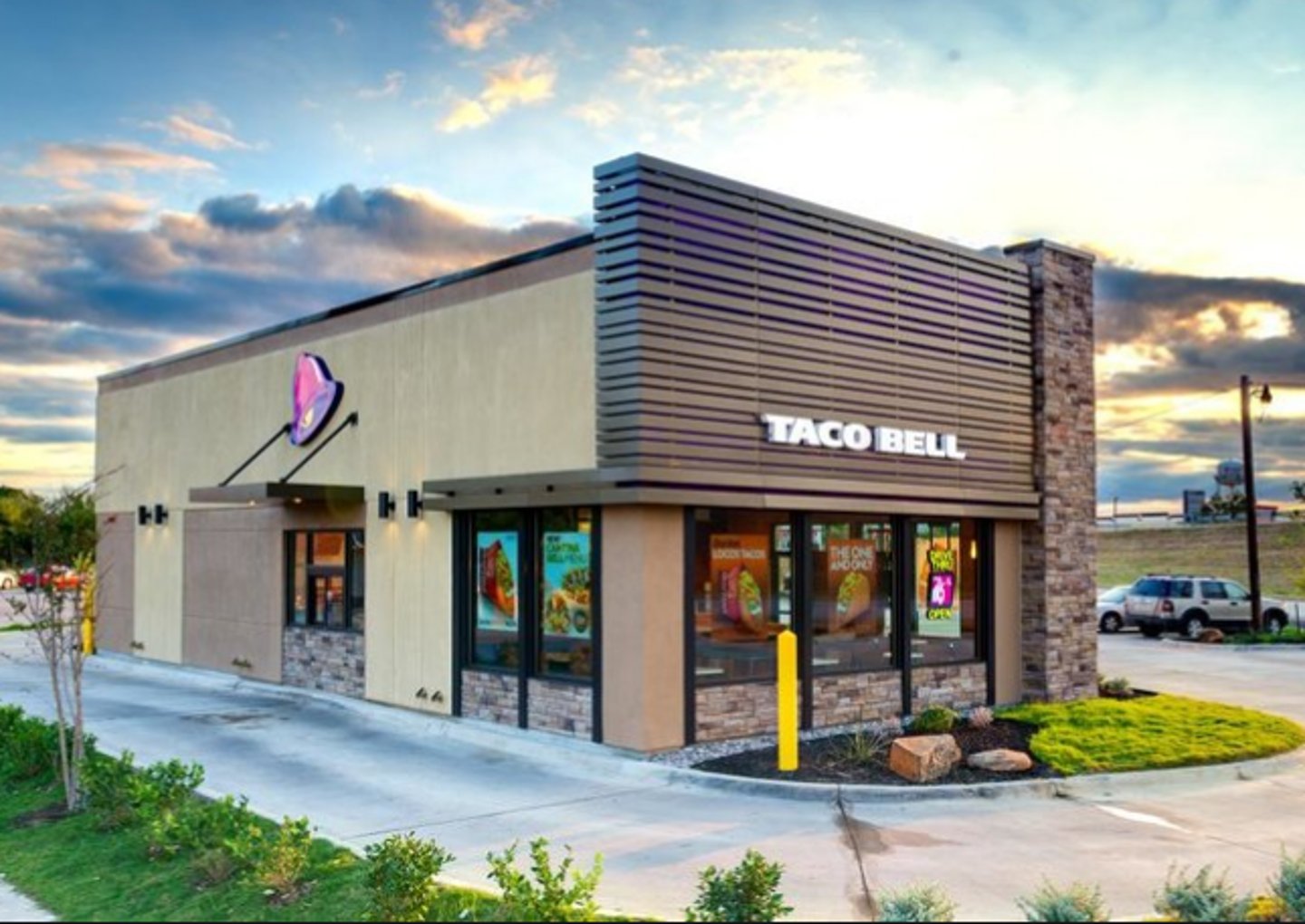Why more retailers who own their stores are doing sale-leasebacks
Is the chain you work for, like so many retail chains today, looking to lift net earnings in a challenging environment?
One thing to consider heavily if yours is a chain that owns a lot of its own properties is the sale-leaseback. A sale-leaseback is exactly what it sounds like: You sell your property, but you immediately lease it from the buyer so you can continue to operate your business. Why would you sell a property you still need to use? Generally speaking, you either want to get cash back out of your investment, possibly to put back into your business, or you want to end the headache that sometimes comes with owning the property where your business is located. Either way, you execute your new lease agreement at the exact moment of the sale, ensuring your business operation doesn't miss a beat. With a few quick strokes of the pen, you cease to be a landlord and you become a tenant.
Sale-leasebacks aren't for everyone, but for some, they lead to a far greater return on capital by investing the funds from the sale back into their business. If an operator wants to add new units at an aggressive pace, it may be necessary to get the cash out of the initial investment. Whether you need the capital to add units, upgrade equipment, pay off business debt, or for any one of a multitude of other reasons, a sale-leaseback allows you to reduce your expenses while continuing to run your business in the location and manner you want.
That means, no hassle and no moving costs! It also means you don't necessarily need to take out a loan with a high interest rate when you want to expand or improve your business and you don't have to worry about depreciation. Another major benefit is that your rent payments will be fully deductible. If you financed your improvements the traditional way, you could only deduct the interest payment and depreciation.
Here's another advantage to a sale-leaseback: You'll never be in a better negotiating position for a lease than when it's attached to a property you presently own. You can generally get closer to your goal in terms of lease duration, rental rate, and renewal options when you arrange for your lease at the same time as a sale. While the buyer could always turn around and sell the property, you at least get to select your initial landlord.
Currently, the demand for single-tenant properties like those frequently sold via sale-leaseback is near an all-time high. Restaurants are of special interest and are commonly seen in a sale-leaseback as they offer the opportunity to quickly expand store count, which is much more difficult with traditional financing. Near record low cap rates are also driving the market for sale-leaseback properties as it's an ideal time to negotiate a favorable sale price and rental rate. It's the best of both worlds.
Many franchisees and national operators are continuing to pursue sale-leasebacks while the environment remains favorable to do so. When pursuing a sale-leaseback, it is important to work with professionals along the way as there are many intricacies which, if not handled correctly, could result in a less than desirable result.
Barry M. Wolfe is senior director of the national retail group for Marcus & Millichap.

